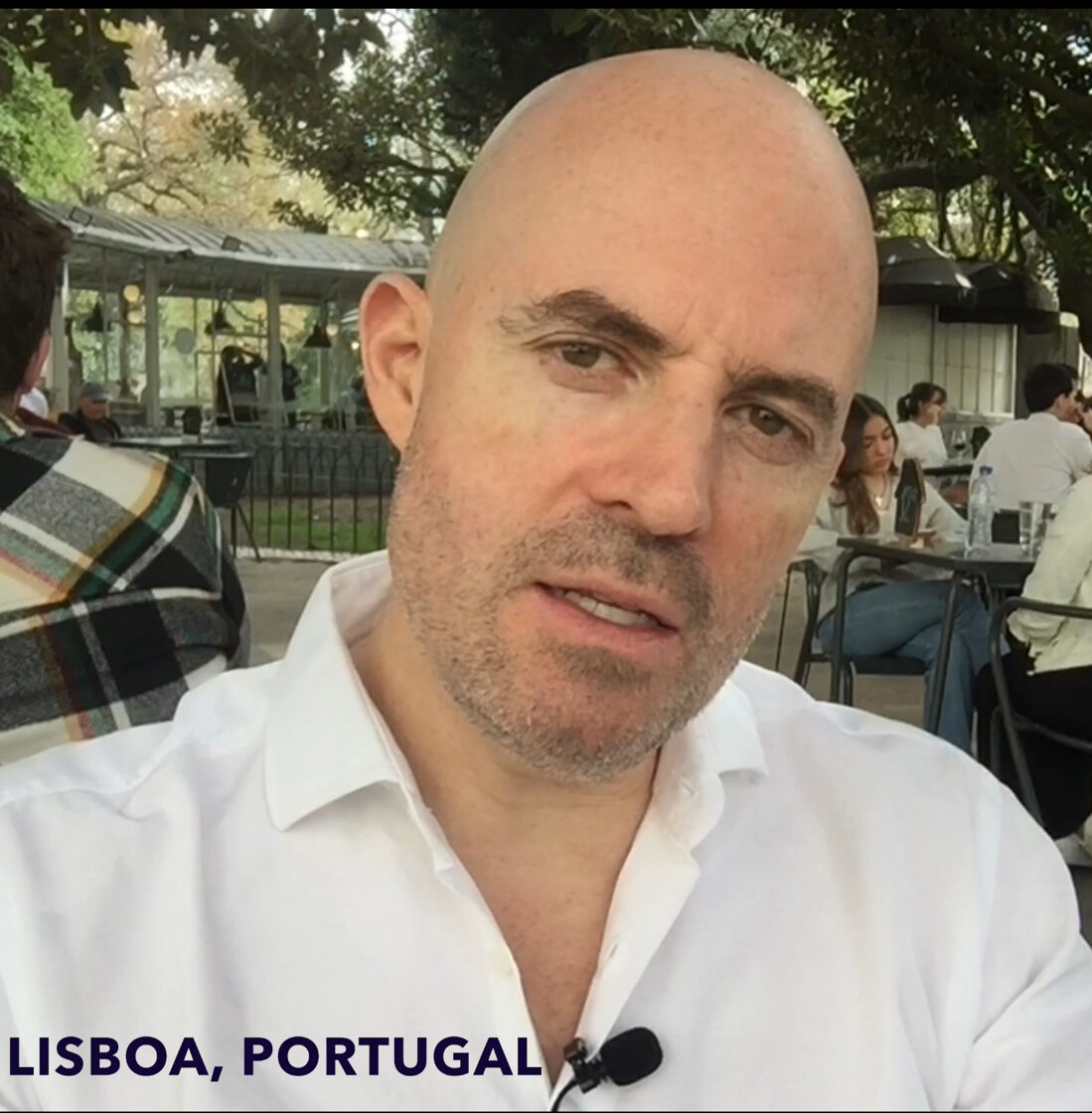JORGE LEYVA INTERVIEW - TEN QUESTIONS REGARDING PORTUGUESE CITIZENSHIP

Former Ambassador Jorge Leyva-Valenzuela, Portulive's Legal Representative.
Hello Jorge, it is our pleasure to share some time be with you here in Lisbon. Here are some questions we would like you to answer as readers are very interested in these topics.
1. What are the main benefits of acquiring Portuguese citizenship for foreign nationals?
Portuguese citizenship offers multiple advantages, including the freedom to live, work, and study across the 27 European Union (EU) member states. As Portugal is part of the Schengen Area, citizens enjoy visa-free travel throughout this zone and access to numerous global destinations. Portuguese citizens also benefit from the country’s high quality of life, access to world-class healthcare and education systems, and Portugal’s political and economic stability. Additionally, citizenship brings a sense of security and permanence that is not available with temporary residence permits.
2. What pathways are available for foreign nationals to obtain Portuguese citizenship?
Portugal offers several pathways to citizenship, each suited to different situations. The most common routes include citizenship by descent, for those with Portuguese ancestry; citizenship through marriage to a Portuguese citizen; naturalization, available after five years of residency; and the investment route through the Golden Visa program, which offers residency with an option for citizenship after five years. The Sephardic Jewish heritage route is another unique pathway that recognizes descendants of Sephardic Jews expelled during the Inquisition.
3. Can you explain the naturalization process and its requirements for long-term residents?
Naturalization is available to foreign nationals who have lived legally in Portugal for at least five years, as per current legislation. Applicants must demonstrate sufficient knowledge of the Portuguese language (usually at an A2 level), be in good standing with the law, and show integration into Portuguese society. The process requires a background check, a language proficiency certificate, and documentation proving residence history. Processing times vary, but applicants can generally expect a decision within a year once all documents are submitted.
4. What challenges do applicants commonly face during the application process?
One of the main challenges applicants face is gathering the necessary documentation, especially if their home country has different administrative standards or difficulties with apostille and certification. Language proficiency can also be a hurdle, as even the basic A2 level can require formal study for those unfamiliar with Romance languages. Processing times can be lengthy due to high demand, particularly for popular routes like the Golden Visa, which also faces regulatory scrutiny that can impact timelines.
5. How does the Portuguese Golden Visa program work as a route to citizenship?
The Golden Visa program grants residency to foreign investors who make qualified investments, such as purchasing real estate, creating jobs, or investing in specific funds. After five years of maintaining residency, holders can apply for citizenship without needing full-time residence in Portugal (just an average of seven days per year). This makes it ideal for those who cannot commit to long-term residence but want a pathway to citizenship.
6. What advantages does Portuguese citizenship offer compared to other European citizenships?
Portugal’s citizenship is highly competitive compared to other EU countries. Portugal has a shorter residency requirement (five years) for naturalization, offers a relatively straightforward tax regime with exemptions for certain foreign income through the Non-Habitual Resident (NHR) program, and maintains a strong global passport ranking, providing visa-free access to over 180 countries. Additionally, Portugal’s approach to dual citizenship is liberal, allowing citizens to hold multiple nationalities without issue.
7. Can an applicant maintain dual citizenship when acquiring Portuguese citizenship?
Yes, Portugal allows dual citizenship, so applicants are not required to renounce their original nationality. This flexibility is particularly advantageous for those who wish to retain ties to their home country while benefiting from EU citizenship rights. Dual citizenship can simplify travel and expand access to services across multiple countries.
8. What are the key costs associated with the citizenship application process?
The costs vary depending on the citizenship pathway. For naturalization, costs include processing fees, background checks, and, often, language courses or testing fees. The Golden Visa pathway is more expensive, with a minimum investment of €280,000 to €500,000, plus additional administrative and legal fees. Other pathways, such as citizenship by descent, may incur costs for document authentication and translation. Applicants should also consider legal assistance costs, which can facilitate a smoother process but add to the overall expense.
9. How long does the application process typically take, and are there ways to expedite it?
Processing times vary based on the pathway. Naturalization applications generally take around 12 to 18 months, though Sephardic Jewish heritage applications may take longer due to verification requirements. While there is no official “expedited” process, working with a lawyer experienced in Portuguese citizenship applications can help prevent delays by ensuring all documents meet legal standards from the outset.
10. What is your advice for prospective applicants considering Portuguese citizenship?
My advice is to thoroughly research the available pathways and assess which one best fits your circumstances. Start by gathering essential documents early, and consider taking a Portuguese language course if language is a requirement for your route. Consulting with a specialized immigration lawyer can clarify legal nuances and streamline the process. Portugal’s residency and citizenship pathways are accessible but require careful preparation and compliance with specific legal criteria, so planning and due diligence are key to a successful application.
Thank you very much!
